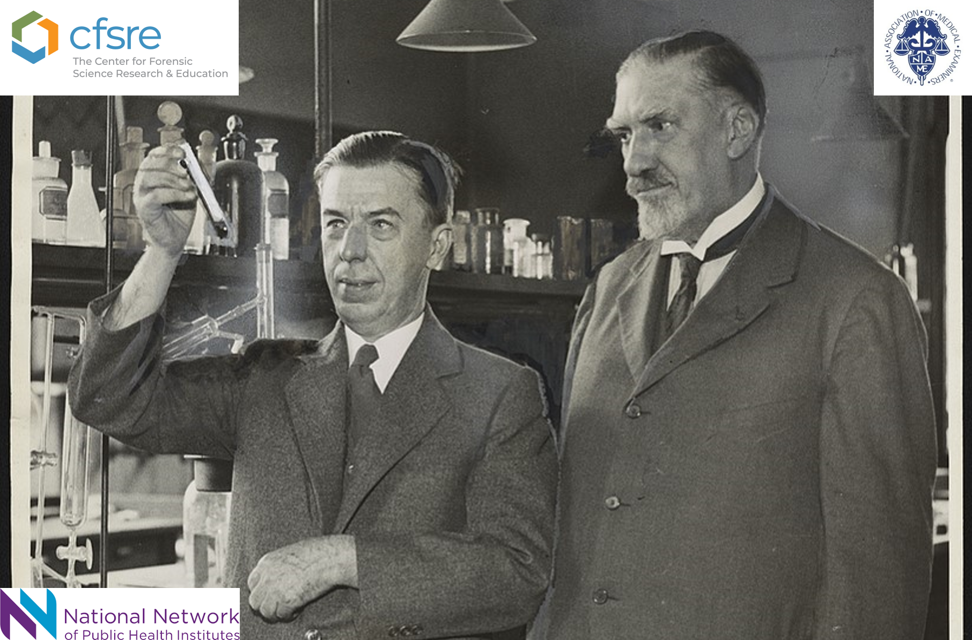 |
Login
When: This event originally occurred on May 13th, 2022.Presenter: Dr. James Gill, Chief Medical Examiner, Farmington, CT
The forensic pathologist is the expert in interpretive toxicology which requires integration of the toxicological findings along with the medical history, circumstances, and autopsy findings. Forensic pathologists must interpret toxicology results in context of the entire case, understand testing limitations, collect proper specimens, and effectively communicate with forensic toxicologists. One of the greatest mistakes is opining on the cause of death based solely on a drug concentration without consideration of the entire case. After death, there are qualitative and quantitative changes that occur to substances in the body. Failure to consider the postmortem nature of the specimen or how it was collected may result in a misinterpretation of the results. The forensic pathologist must communicate effectively with the toxicologist and not treat the lab as a black box to which specimens are sent and results are returned. Since no toxicology lab routinely tests for every drug and poison, the more case information given to the toxicologist, the greater is the likelihood of obtaining appropriate and timely results. Toxicological results should be included on the death certificate when they make a pathophysiological contribution to death.
Detailed Learning Objectives
*Funding for this training was made possible by a cooperative agreement between the National Network of Public Health Institutes and the Centers for Disease Control and Prevention [6 NU38OT000303-03-02]. The views expressed in written conference materials or publications and by speakers and moderators do not necessarily reflect the official policies of the Centers for Disease Control and Prevention nor does mention of trade names, commercial practices, or organizations imply endorsement by the U.S. Government.
Click the Login button below to register for this course! |